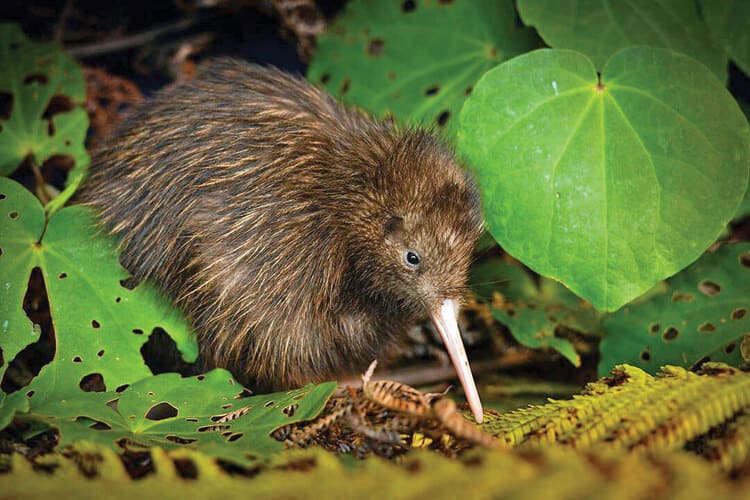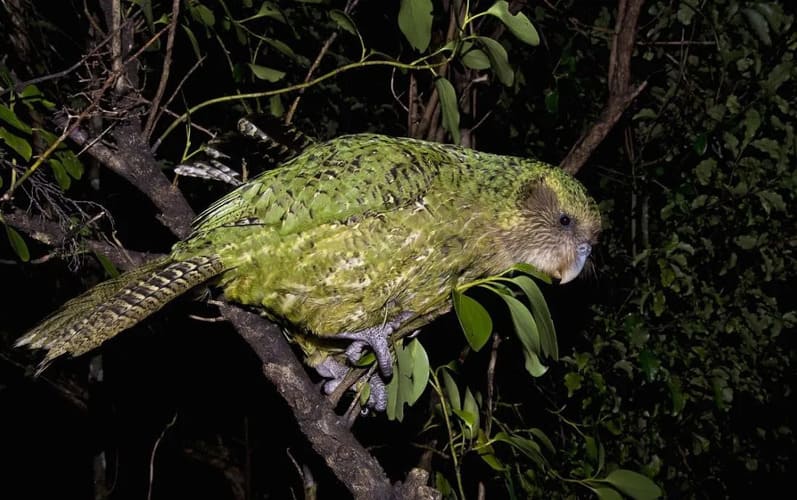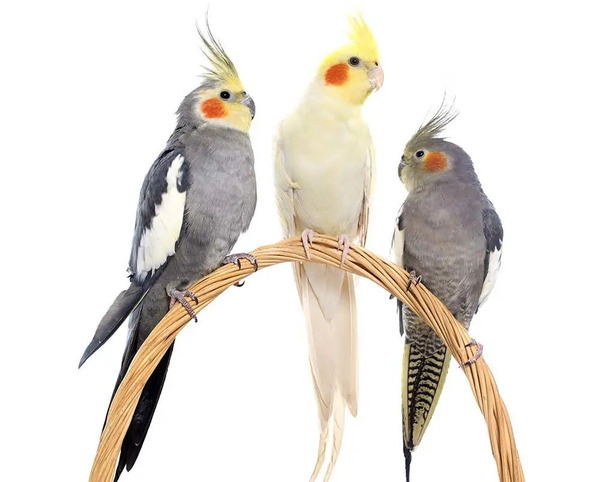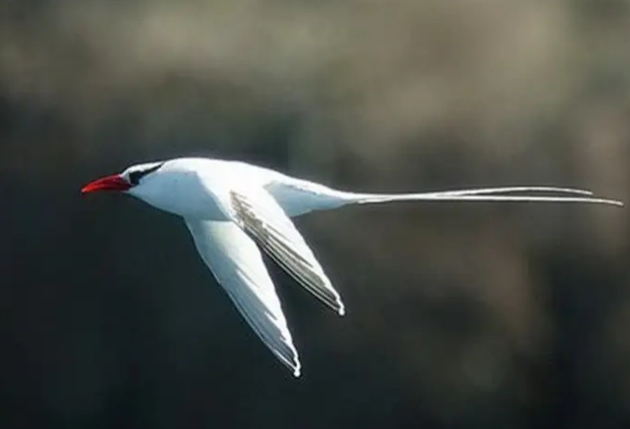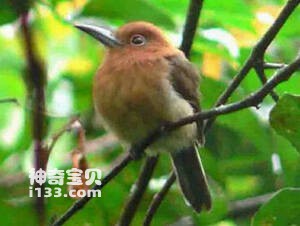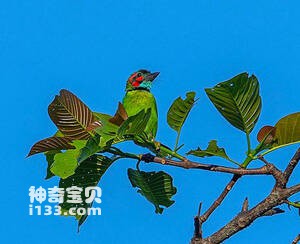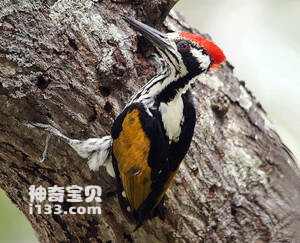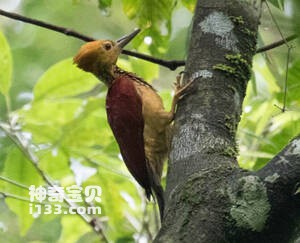Ramphastos toco
IUCN
LCBasic Information
Scientific classification
- name:Ramphastos toco
- Scientific Name:Ramphastos toco,Toco toucan
- Outline:Climbing birds
- Family:
Vital signs
- length:36-79cm
- Weight:115-860g
- lifetime:No textual research information is available
Feature
Distribution and Habitat
Toucans are found in tropical America, from central Mexico to Bolivia and northern Argentina, with the exception of the West Indies.
Toucans live in rainforests, woodlands, promenades, grasslands, with the most abundant in the lower Amazon River.
Appearance
Toucans resemble hornbills, with large, but lighter bills, serrated edges, and many brightly colored flowers. The plumage is bright, mainly black.
Body length 36-79 cm (including beak); Weight 115~860 grams; Male birds usually have longer beaks than female birds.
Black with red, yellow and white, or black and green with yellow, red and maroon, or green with green, or tan and blue with yellow, red and maroon. Both sexes are similar in coloration, except for the small toucan species and some tufted toucan species.
The eyes are inlaid with sky-blue feather circles, the breast is orange, and the ridge is painted black. Its bright colors and surprisingly large beak make it extremely valuable for viewing.
Details
The scientific name of toucan is Ramphastos toco, or Toco toucan, a medium-sized climbing bird.
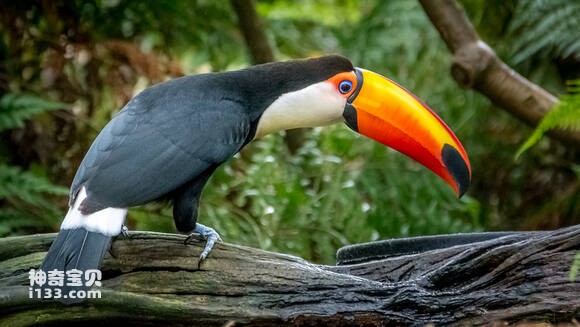
The sound of toucans is generally not pleasing to the ear, often resembling a frog's cry, a dog's bark, or a grunt, click, or shrill sound; But a few species have a beautiful song or a sad song. It feeds mainly on fruit, but also on insects, invertebrates, lizards, snakes, small birds, and the eggs and chicks of birds.
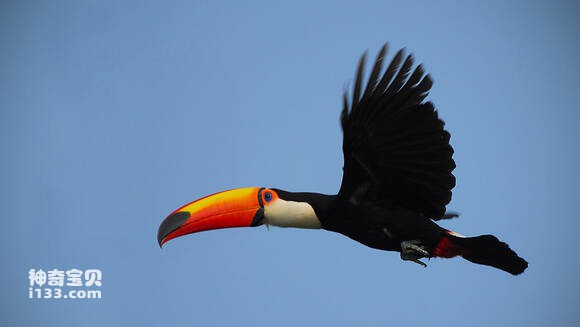
Toucans nest in natural burrows; Some will take up residence in abandoned nests of woodpeckers or large peckers, or simply evict the nest owner and expand the nest. Clutch number 1~5 eggs; White, no markings. The incubation period is 15 to 18 days, and the nesting period is 40 to 60 days.
Protect wild animals and eliminate wild meat.
Maintaining ecological balance is everyone's responsibility!

